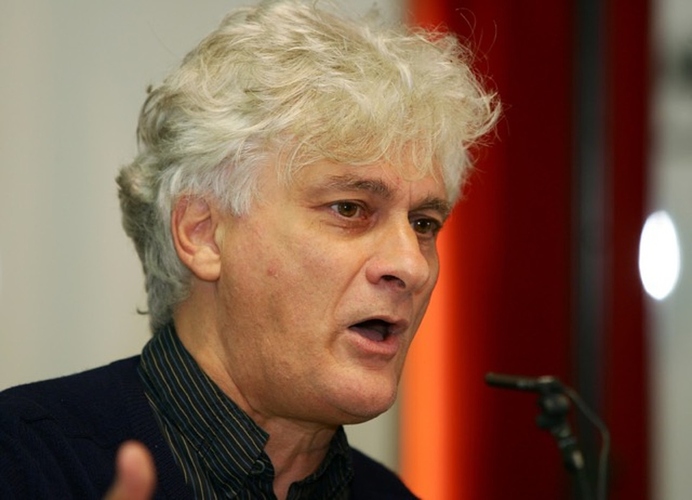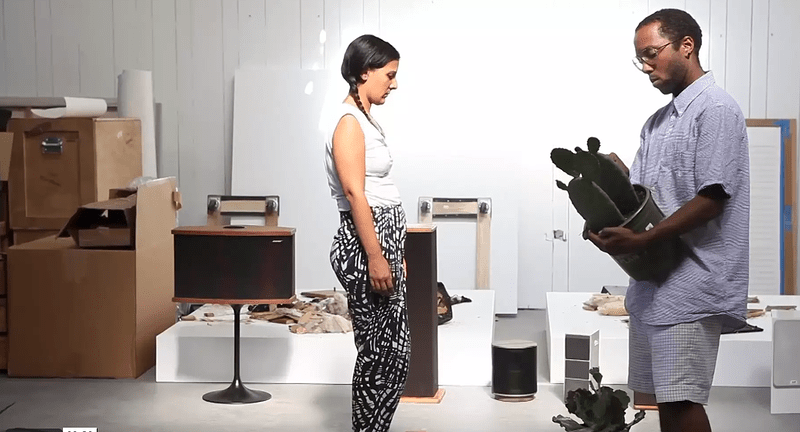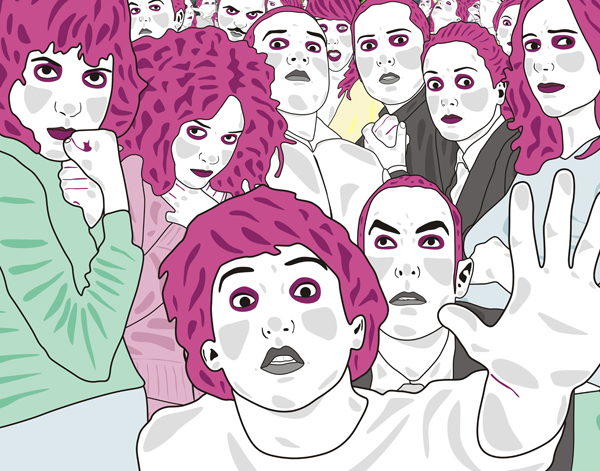Join us at e-flux on Friday, September 30 at 7:30pm EST for the lecture “And: Phenomenology of the End,” by Franco “Bifo” Berardi. On this very thread, Tyler Coburn (@tylercoburn) will respond live to Bifo’s lecture. The talk will be live broadcast here, so you might open two tabs & follow along by screen both here and there.
A bit more on the lecture:
Everywhere we see signs of exhaustion and collapse. The end is everywhere, but this is only an illusion, because things never stop concatenating, so the end is replaced by the endless replication of the “and.” Simultaneously however, conjunction is replaced by connection. This shift from conjunctive to connective sensibility is the subject of Berardi’s recent book, and of this lecture. What happens to the aesthetic and erotic perception of the world as experience is replaced by simulation? How does this connective mutation reframe the legacy of history?
Franco “Bifo” Berardi is a contemporary writer, media-theorist and media-activist. He founded the magazine A/traverso (1975–81) and was part of the staff of Radio Alice, the first free pirate radio station in Italy (1976–78). Like other intellectuals involved in the political movement of Autonomia in Italy during the 1970s, he fled to Paris, where he worked with Felix Guattari in the field of schizoanalysis. He has been a contributor to Semiotext(e), Chimerees, Metropoli , Musica 80, and Archipielago, and he’s currently writing for the monthly LINUS.
Berardi’s publications include Le ciel est enfin tombé sur la terre (Paris, 1978), Mutazione e Ciberpunk (Genoa, 1993), Cibernauti (Rome, 1994), Felix (Rome, 2001, and London, 2009), Generacion Postalfa (Buenos Aires, 2007), Skizomedia (Rome, 2005), La fabrica de la infelicidad (Rome, 2000, and Madrid, 2004), and El sabio el guerrero el mercader (Madrid: Aquarela, 2006), The Soul at Work (Los Angeles: Semiotext(e), 2009), After the future (Oakland: AK Press, 2012), and The Uprising (Semiotext(e), 2012), and the recent books HEROES (London: Verso Futures) and AND: Phenomenology of the end (Lost Angeles: Semiotext(e)), both published in 2015. Berardi teaches Media Theory at the Academy of Fine Arts in Milan, and has lectured in many universities around the globe.
Tyler Coburn is an artist and writer based in New York. Coburn received a BA in Comparative Literature from Yale University and an MFA from the University of Southern California. He also served as a fellow in the Whitney Independent Study Program from 2014-2015. His work has been been presented at South London Gallery; Kunstverein Munich; Kunsthalle Wien; CCA Glasgow; Western Front, Vancouver; Grazer Kunstverein; UCCA, Beijing; and Sculpture Center, New York. Coburn participated in the 11th Gwangju Biennale and the 2014 Shanghai Biennale. His writing has appeared in e-flux journal, Frieze, Dis, Mousse, and Rhizome.




